The heart holds a position in the five organs of the human body akin to that of a king on a chessboard, referred to as the “Ruler’s Official”, governing the circulation of qi and blood throughout the body.
Traditional Chinese Medicine (TCM) states that the heart houses the spirit (shen). When the heart’s qi and blood are abundant, the spirit is nourished, leading to clarity of mind, quick thinking, and sweet sleep. Conversely, if a person experiences memory decline and shallow, dream-filled sleep, it indicates insufficient heart qi and blood, necessitating prompt replenishment.
TCM believes that excessive joy can harm the heart. This means that overwhelming happiness can impair heart function, as exemplified by the character Fan Jin from the story of the imperial examination.

 1. Ruler’s Official: Heart
1. Ruler’s Official: Heart
The heart opens to the tongue
TCM assesses heart function by observing changes in the tongue’s shape and color, as well as the fluency of speech. For instance, individuals with frequent tongue ulcers at the tip may have excessive heart fire; those who often stutter while speaking may be overly fatigued, indicating weak heart qi; and if the veins under the tongue appear purple and engorged, it suggests cardiovascular issues such as arteriosclerosis.
Abnormal heart fire system function often presents with the following symptoms:
Palpitations, chest pain, cyanosis of lips and nails, oral ulcers, insomnia with vivid dreams, neurasthenia, coronary heart disease, etc. What effective methods does TCM offer for these symptoms?
According to the philosophy of harmony between heaven and humanity, foods that are red, such as Hong Zao (Red Dates), red peppers, red beans, cherries, duck and chicken blood, and longan, are associated with the heart fire system and can nourish the heart. The best foods for clearing heart fire are lotus seeds and bitter melon, both of which are bitter and enter the heart, thus belonging to the heart fire system and capable of draining heart fire. In daily life, frequently pronouncing the sound “he” is also beneficial for heart function.
Internally, we can promote the circulation of heart qi and blood through simple methods such as tapping the Pericardium Meridian, massaging the Neiguan point, striking the Dalings, and patting the Jiquan point.
Among the many herbs, San Qi (Notoginseng) is the most effective for invigorating blood and resolving stasis in treating coronary heart disease, while Ling Zhi (Reishi Mushroom) has excellent heart-nourishing and calming effects. Shi Hu (Dendrobium) is best for nourishing heart yin and replenishing heart qi, and Suan Zao Ren (Sour Jujube Seed) is the most potent for calming the mind and aiding sleep.

 2. General’s Official: Liver
2. General’s Official: Liver
The Huang Di Nei Jing (Yellow Emperor’s Inner Canon) compares the liver to the “General’s Official,” using the strong and impulsive nature of a general to describe the physiological characteristics of the liver.
In fact, people with a quick temper often have excessive liver fire. Therefore, when someone is angry, it is best not to argue with them. Why? Because their liver qi is too abundant and transforms into fire, which they cannot control. An irritable person may pound the table to release their anger; they must express this feeling to feel better, or else it will harm their health. Once the anger dissipates, they will naturally calm down. However, if a person is constantly angry, it can lead to high blood pressure or even liver fibrosis. A historical example is Zhou Yu from the Three Kingdoms, who died from a sword wound after a fit of rage, illustrating the saying “great anger harms the liver.” Maintaining a tolerant attitude towards others and oneself, and keeping a peaceful mindset in life is crucial for health.
The liver stores blood
We can assess the abundance or deficiency of liver blood by examining the condition of the nails and eyes. The nails on our hands serve as a barometer for liver blood; if they are thinner, brittle, or pale compared to others, it indicates insufficient liver blood. The liver opens to the eyes; if the eyes are frequently dry and tear easily in the wind, it suggests a deficiency of liver yin and blood.
Abnormal liver system function
can manifest as a bitter mouth, dizziness, dry eyes, red and swollen eyes, pain in the flanks, irritability, liver disease, high blood pressure, high blood lipids, and dry nails.
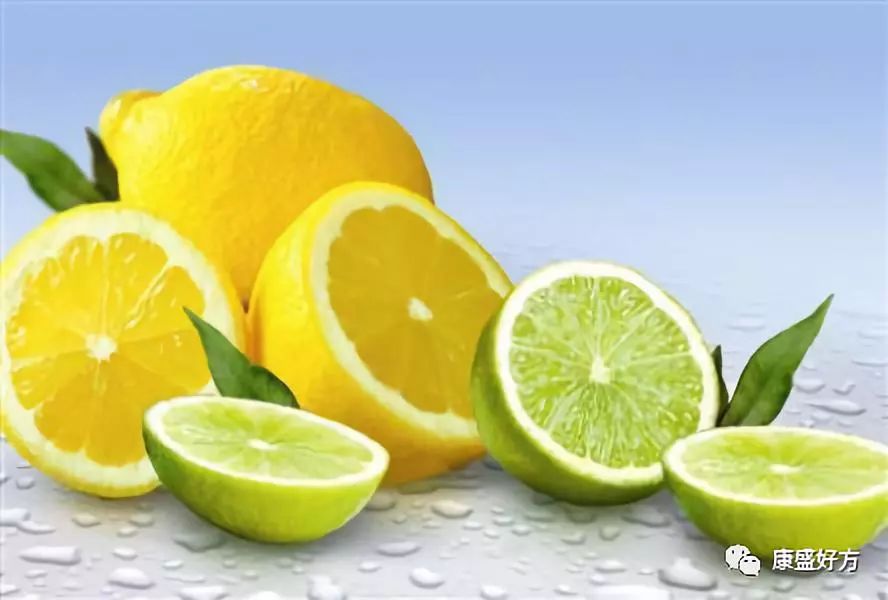
How can we nourish the liver? Sour flavors, green colors, and the sound “xu” are all related to the liver and belong to the liver wood system. Therefore, sour foods like Wu Mei (Black Plum), vinegar, and hawthorn, as well as green foods like mint and celery, are excellent for liver nourishment. Additionally, foods such as chrysanthemum, onion, lychee, papaya, peach, and carp are also representative of liver-nourishing foods. Frequently pronouncing the sound “xu” in daily life is also beneficial for liver function.
Many people feel pain in the flanks when they are angry. This is due to the liver meridian passing through the flanks. In TCM culture, patting the flanks helps promote the circulation of liver qi and blood, making it a simple and effective method for liver nourishment. For those with excessive liver fire, regularly patting the flanks or gallbladder meridian can help clear liver fire.
Among the many herbs for liver nourishment, Gou Qi Zi (Goji Berries) is the best for liver and eye health, Ling Zhi (Reishi Mushroom) is the best for liver protection and detoxification, and Tian Ma (Gastrodia) is most effective for calming liver yang.
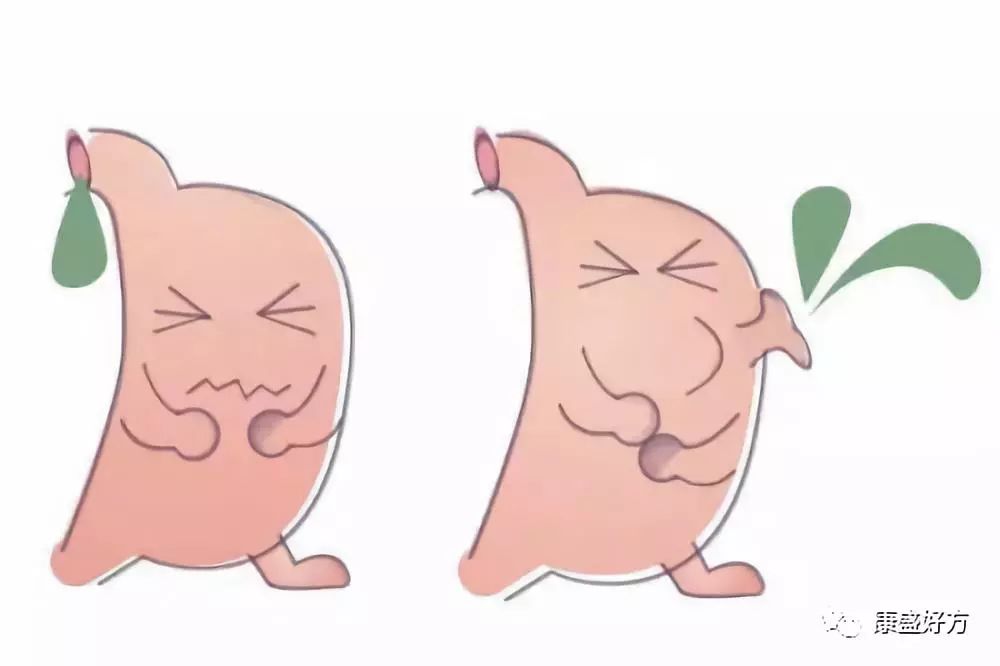
 3. The Foundation of Postnatal Life: Spleen and Stomach
3. The Foundation of Postnatal Life: Spleen and Stomach
The spleen in TCM is not the same as the spleen in Western anatomy; it encompasses the comprehensive functions of the stomach, small intestine, and large intestine (the other organs: heart, liver, lung, and kidney are also not the same as their Western counterparts but refer to the heart fire system, liver wood system, lung metal system, and kidney water system in TCM).
The spleen belongs to the earth system in the five elements
and is the “production factory” of qi and blood in the body, with the physiological function of “governing transportation and transformation,” which means digesting food into nutrients (qi and blood) and transporting them throughout the body.
Throughout history, physicians have placed great importance on the health of the spleen and stomach. The Huang Di Nei Jing states: “The spleen is the foundation of postnatal life, governing transportation and generating qi and blood.” This means that the spleen and stomach are the “foundation of postnatal life” for human health and the source of qi and blood generation for the five organs. The health of the spleen and stomach is closely related to a person’s emotions; excessive thinking can harm the spleen. For example, Zhuge Liang from the Three Kingdoms died at the age of 54 due to overwork and excessive worry, leading to a lack of appetite and weakened spleen and stomach, ultimately resulting in insufficient qi and blood production and his untimely death.
In TCM, a simple trick to assess the status of qi and blood is to observe the color of the lips. Since the spleen opens to the mouth, the color of the lips reflects the abundance or deficiency of qi and blood. If the lips are pale or dull, it indicates insufficient spleen qi and blood production, suggesting that the person likely suffers from qi and blood deficiency.
Abnormal spleen and stomach function
often manifests as indigestion, loss of appetite, post-meal bloating, nausea, vomiting, belching, heartburn, diarrhea, constipation, gastritis, and gastrointestinal ulcers. We can determine whether the spleen and stomach function well by the presence or absence of these symptoms. If these symptoms occur, it indicates a problem with the spleen and stomach system. What should we do?
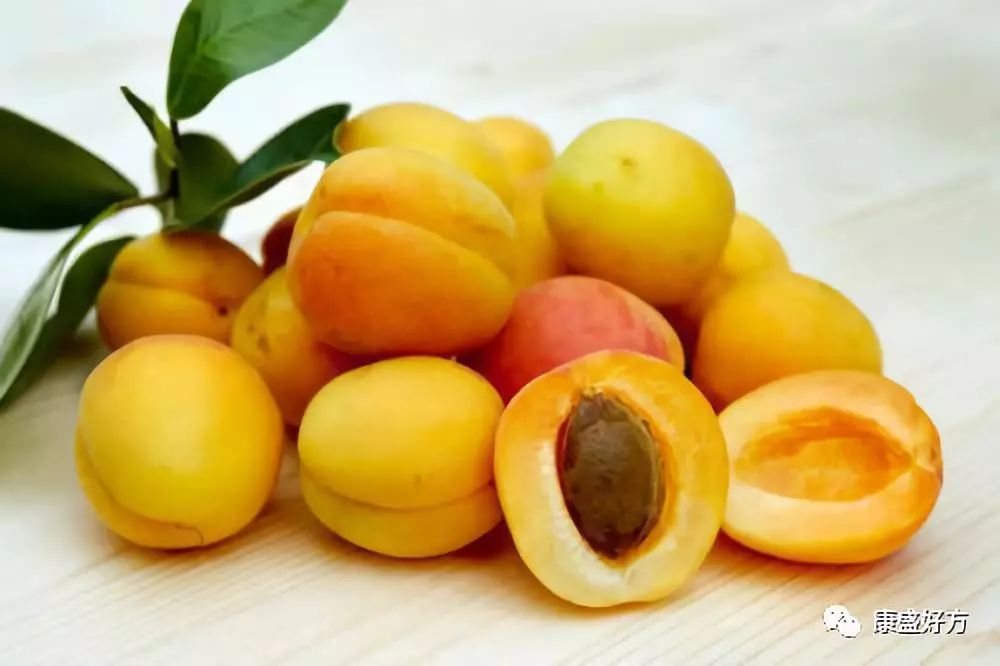
Yellow Nourishes the Spleen and Stomach
According to the philosophy of harmony between heaven and humanity, TCM believes that the color yellow, sweet flavor, and the sound “hu” are all related to the spleen and stomach, belonging to the spleen earth system, and can nourish and replenish spleen and stomach qi. Therefore, individuals with spleen and stomach issues should wear yellow clothing and use yellow colors in their living spaces. In terms of diet, they should consume more yellow and sweet foods, such as millet, sweet potatoes, corn, pumpkin, and yellow soybeans, which are all excellent for nourishing the spleen and stomach. Frequently pronouncing the sound “hu” in daily life is also beneficial for spleen and stomach function. The idea that sound can heal is not as mystical as it seems; it is similar to Western music therapy. The Shiji (Records of the Grand Historian) states: “Music stirs the blood and circulates the spirit.” This shows that sound can indeed reflect a person’s physical condition and promote recovery from illness.
Within our bodies lies the power to nourish the spleen and stomach. There is a saying that “massaging the Zu San Li point daily is equivalent to eating a whole chicken,” meaning that regularly patting the Zu San Li point can enhance the spleen and stomach’s function. Additionally, abdominal breathing, massaging the abdomen, or squatting can strengthen the spleen and stomach system.
In herbal medicine, Ling Zhi (Reishi), Ren Shen (Ginseng), Na Dou (Natto), Bai Zhu (White Atractylodes), and Fu Ling (Poria) are all excellent for tonifying qi and strengthening the spleen.
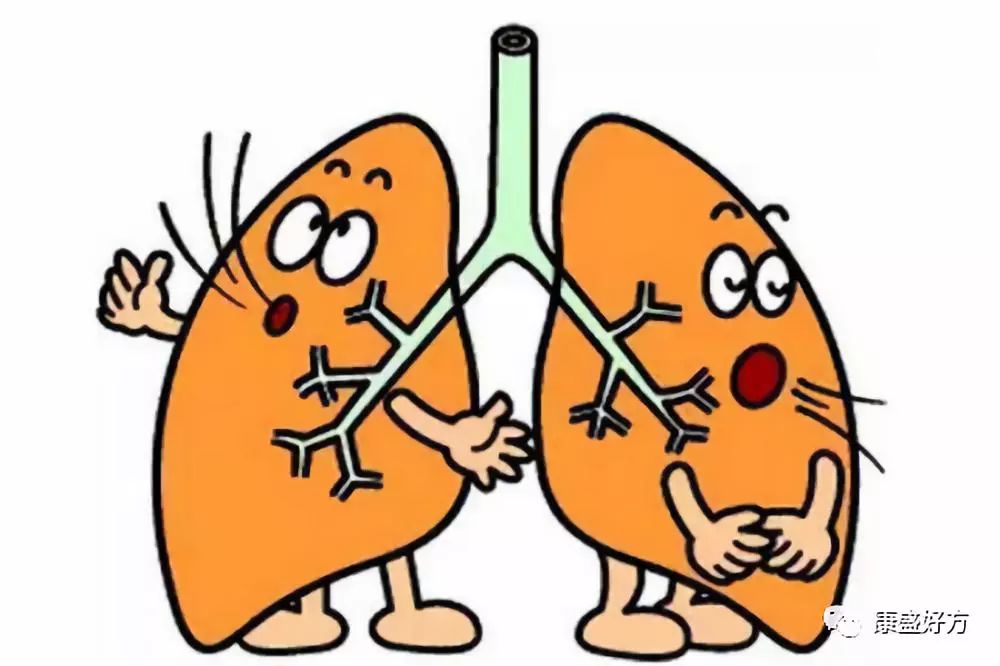
 4. The Chancellor of the Body: Lung
4. The Chancellor of the Body: Lung
The lungs govern the qi of the entire body, control respiration, and open to the nose.
Thus, the lungs are referred to as the Chancellor of the body, overseeing the operation of life’s qi.
Grief can obstruct the flow of qi in the body, so excessive sorrow can harm the lungs. The character Lin Daiyu, who was overly sentimental and melancholic, ultimately died from lung disease, exemplifying the saying that “great sorrow harms the lungs.” Therefore, we should maintain an optimistic mindset and avoid unnecessary sorrow, as it is detrimental to lung health.
Pathogenic factors attacking the lungs
can lead to disordered lung qi, resulting in symptoms such as cough, shortness of breath, hemoptysis, frequent colds, chronic bronchitis, asthma, rhinitis, and chronic pharyngitis. Over time, qi stagnation can transform into fire, causing rough skin and acne.
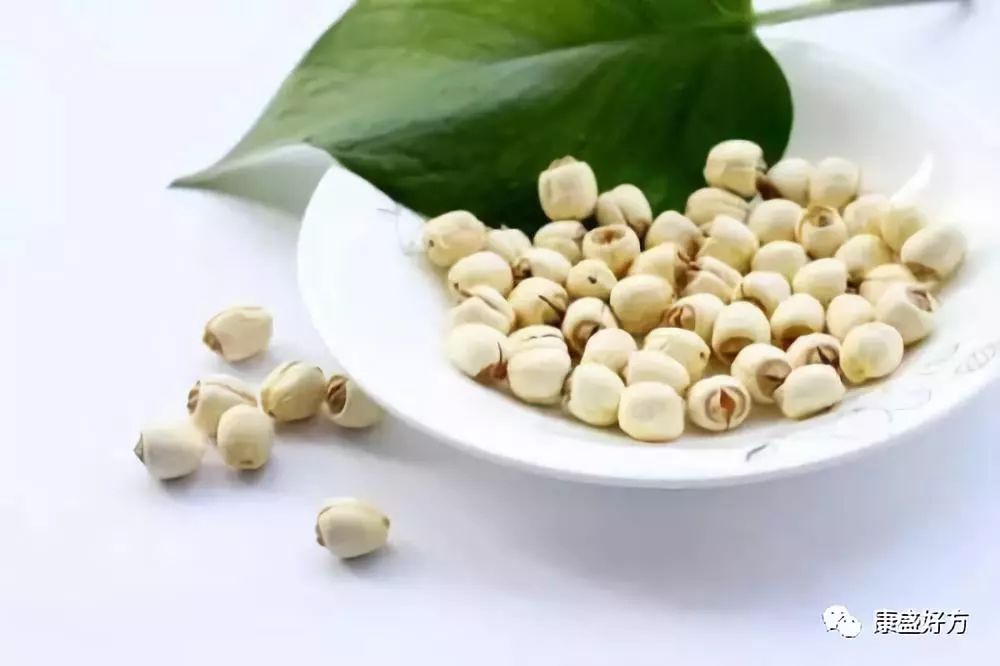
According to the five-element theory, the color white, pungent flavor, and the sound “xi” (which sounds like “fine”) are all related to the lungs, belonging to the lung metal system. Therefore, white foods like Yin Er (Tremella), Bai He (Lily), and pears are excellent for nourishing lung yin; pungent foods like ginger juice, onion, and cilantro can help open lung qi and are best consumed during wind-cold colds. Frequently pronouncing the sound “xi” in daily life is also beneficial for lung function.
In the body’s meridians, the Ying Xiang point is effective for treating rhinitis; regularly massaging this point can effectively prevent rhinitis. The Dan Zhong point is a key point for regulating lung qi, and frequently tapping this area can have beneficial effects on various lung diseases.
Among the herbs for lung nourishment, Feng Dou (Maple Bud) is the best for nourishing lung yin; Dong Chong Xia Cao (Cordyceps) is best for replenishing lung qi; and Ling Zhi (Reishi) has the most comprehensive effects, nourishing and regulating lung qi.
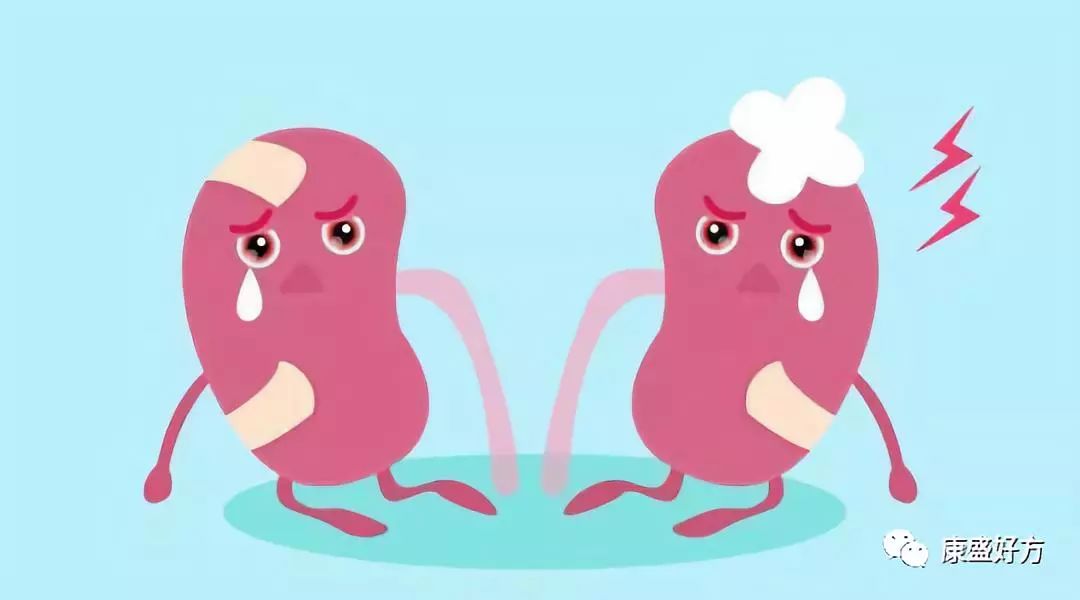
 5. The Foundation of Congenital Life: Kidney
5. The Foundation of Congenital Life: Kidney
It is believed that the kidneys are the “storehouse of essence, governing bone and marrow,” serving as the engine of life, hence ancient physicians referred to the kidneys as the “foundation of congenital life.”
The kidneys store essence and govern the reproductive system
If there are issues with the reproductive system, such as benign prostatic hyperplasia, it indicates insufficient kidney essence, necessitating prompt replenishment.
Common sayings state that “large ears signify fortune,” which is based on the principle that the kidneys open to the ears; when kidney qi is abundant, the ears are large and full, and one is energetic, leading to success in endeavors. Zeng Guofan stated, “One’s demeanor reflects one’s spirit, and one’s career reflects one’s energy,” which conveys this idea. Individuals who frequently experience tinnitus or hearing loss indicate insufficient kidney qi.
What does it mean that the kidneys govern the bones?
TCM believes that the strength of a person’s bones is determined by the abundance or deficiency of kidney essence. Individuals with osteoporosis should nourish their kidney essence; when kidney essence is sufficient, the bones will be strong and robust.
During walking, many physiological responses occur, one of which is the production of saliva. This indicates that your kidney qi and essence are being replenished, as saliva belongs to kidney water in the five-element theory. Therefore, individuals with kidney yin deficiency often experience dry mouths and lack saliva, indicating insufficient kidney essence.
What symptoms arise from insufficient kidney essence? Common symptoms include soreness in the lower back and knees, cold hands and feet, fatigue, tinnitus, hair loss, loose teeth, osteoporosis, frequent urination at night, benign prostatic hyperplasia, reduced sexual function, infertility, kidney deficiency, and menopausal syndrome.
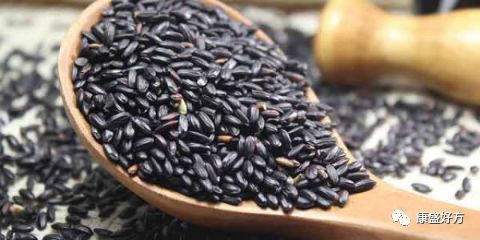
Black Nourishes the Kidneys
Black color, salty flavor, and the sound “chui” are all related to the kidneys, belonging to the kidney water system. Salty seafood is particularly nourishing for the kidneys, with Hai Shen (Sea Cucumber) and Hai Xia (Sea Shrimp) being representative. Black foods like Hei Zhi Ma (Black Sesame), Hei Xiao Dou (Black Beans), and black chicken are excellent for nourishing the kidneys; additionally, pork kidneys, walnuts, and leeks are also great for kidney nourishment. Frequently pronouncing the sound “chui” in daily life is also beneficial for kidney function.
The lower back is the residence of the kidneys
TCM believes that soreness in the lower back and knees indicates kidney deficiency. Regularly rotating the waist is beneficial for the kidneys, a practice referred to as “shaking the dragon” in traditional health preservation. Tai Chi or Qigong standing postures emphasize loosening the waist to nourish kidney qi. There is an acupoint on the lower back called Shen Yu, and frequently patting this point has a good nourishing effect on kidney essence.

